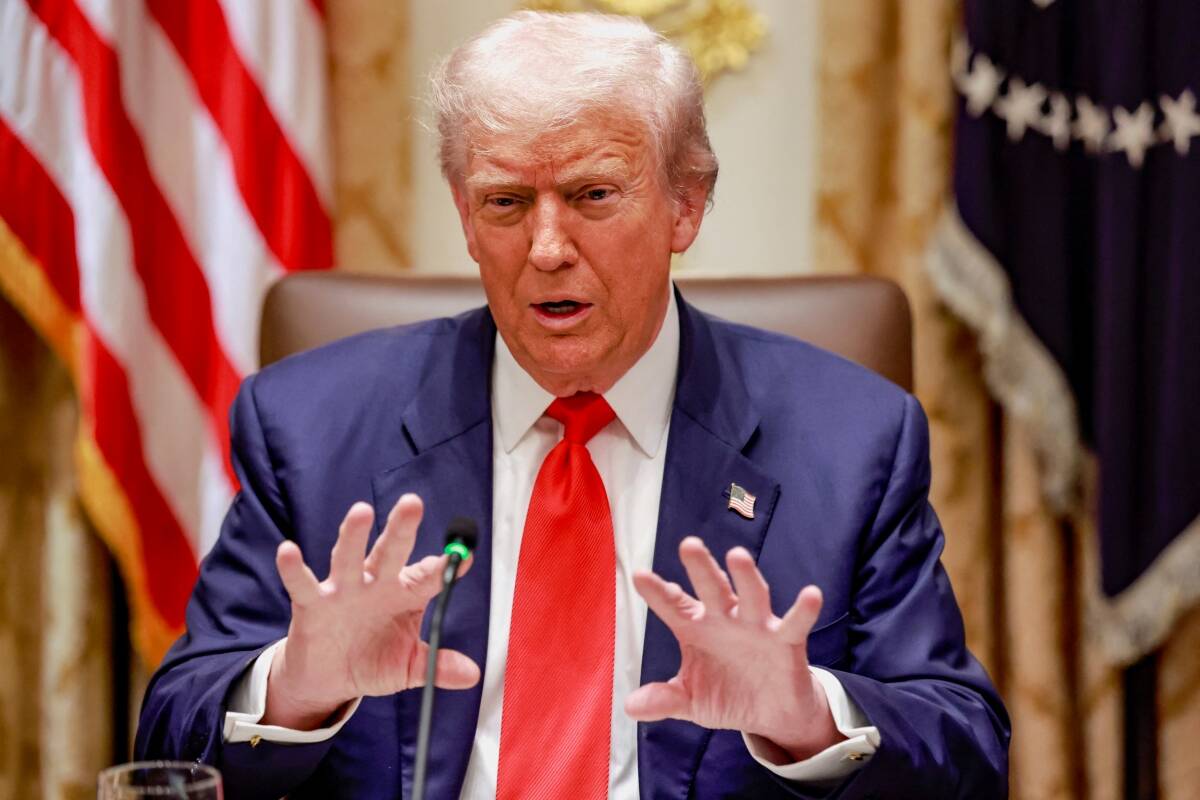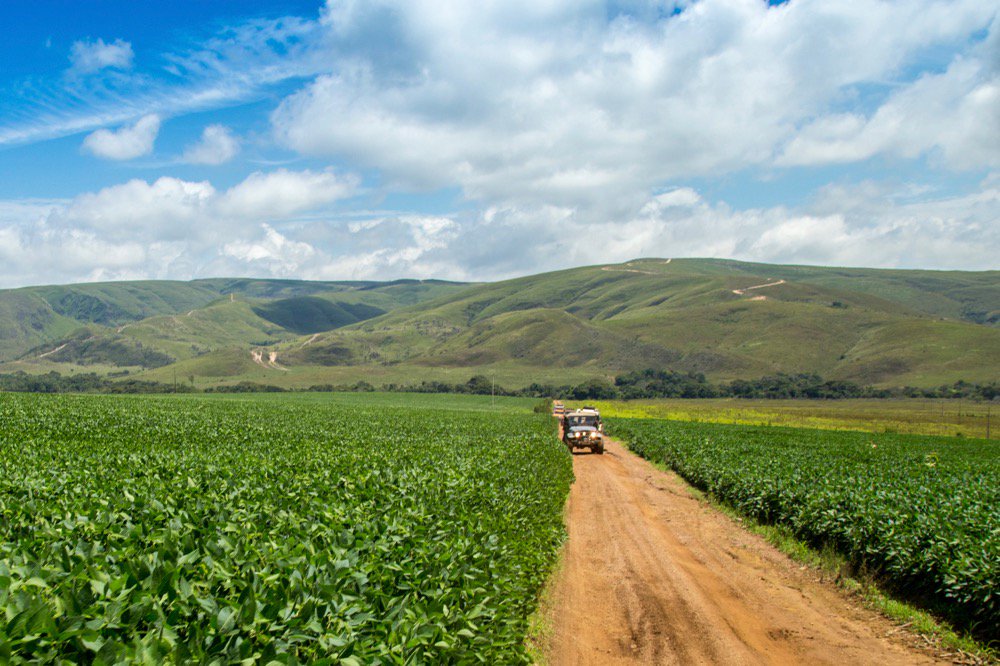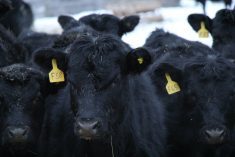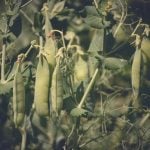Brasilia | Reuters –– Brazil Foreign Minister Ernesto Araujo said on Thursday that the country must work with China to reduce non-tariff barriers to agriculture trade, including improving the process for genetically modified goods.
Brazil is the world’s largest exporter of soybeans, the vast majority of which are genetically modified organisms (GMO). Many newer GMOs, however, are not used in Brazil because they are not approved for sale in China, the largest customer for the Brazilian farm sector.
“Brazil’s private sector can only effectively use new technologies with the importation authorization by the Chinese biosecurity committee,” Araujo said at an event on Brazil-China co-operation in the farm sector. “It is necessary to better fine-tune the approval of Brazilian GMOs by the Chinese government.”
Read Also

Trump mulls ending some trade ties with China, including in relation to cooking oil
U.S. President Donald Trump said on Tuesday Washington was considering terminating some trade ties with China, including in relation to cooking oil.
His comments underscore an attempted shift by the new Brazilian government to a more pragmatic approach in its relations with China, avoiding the skeptical rhetoric from President Jair Bolsonaro’s campaign and Araujo’s own writings on the rise of the Asian country.
The Chinese committee now takes roughly five to six years to approve new GMOs, compared with about 240 days for approvals in 2010, said Orlando Leite Ribeiro, international affairs secretary at the agriculture ministry.
China’s ambassador to Brazil, Yang Wanming, told reporters on the sidelines of the event that the Asian country considers co-operation with Brazil on GMOs important. But China also takes food safety seriously and must ensure the safety of new GMO products under Chinese law, he said.
— Jake Spring reports on Brazilian agricultural, environmental and resource sector policy for Reuters from Brasilia.
















